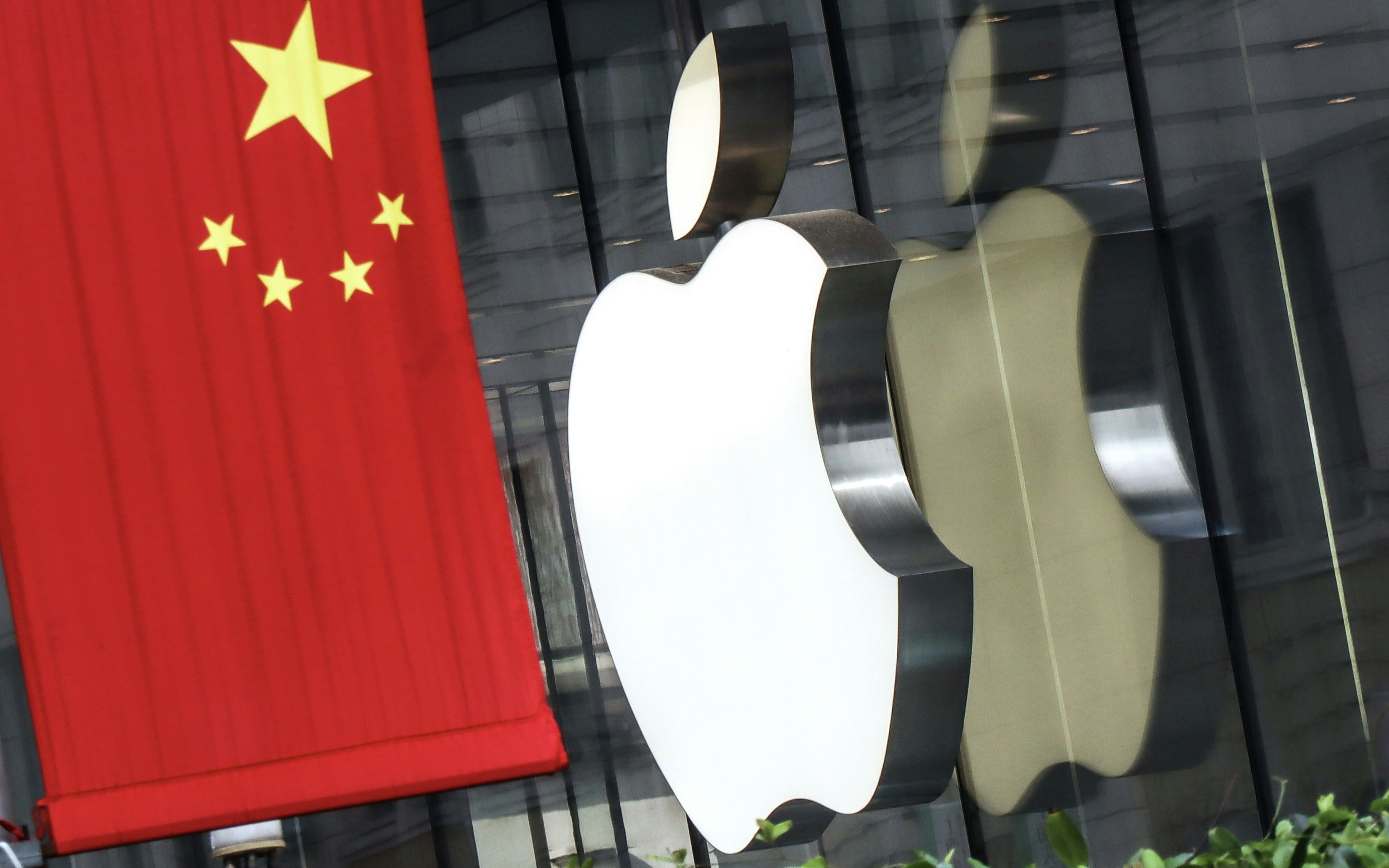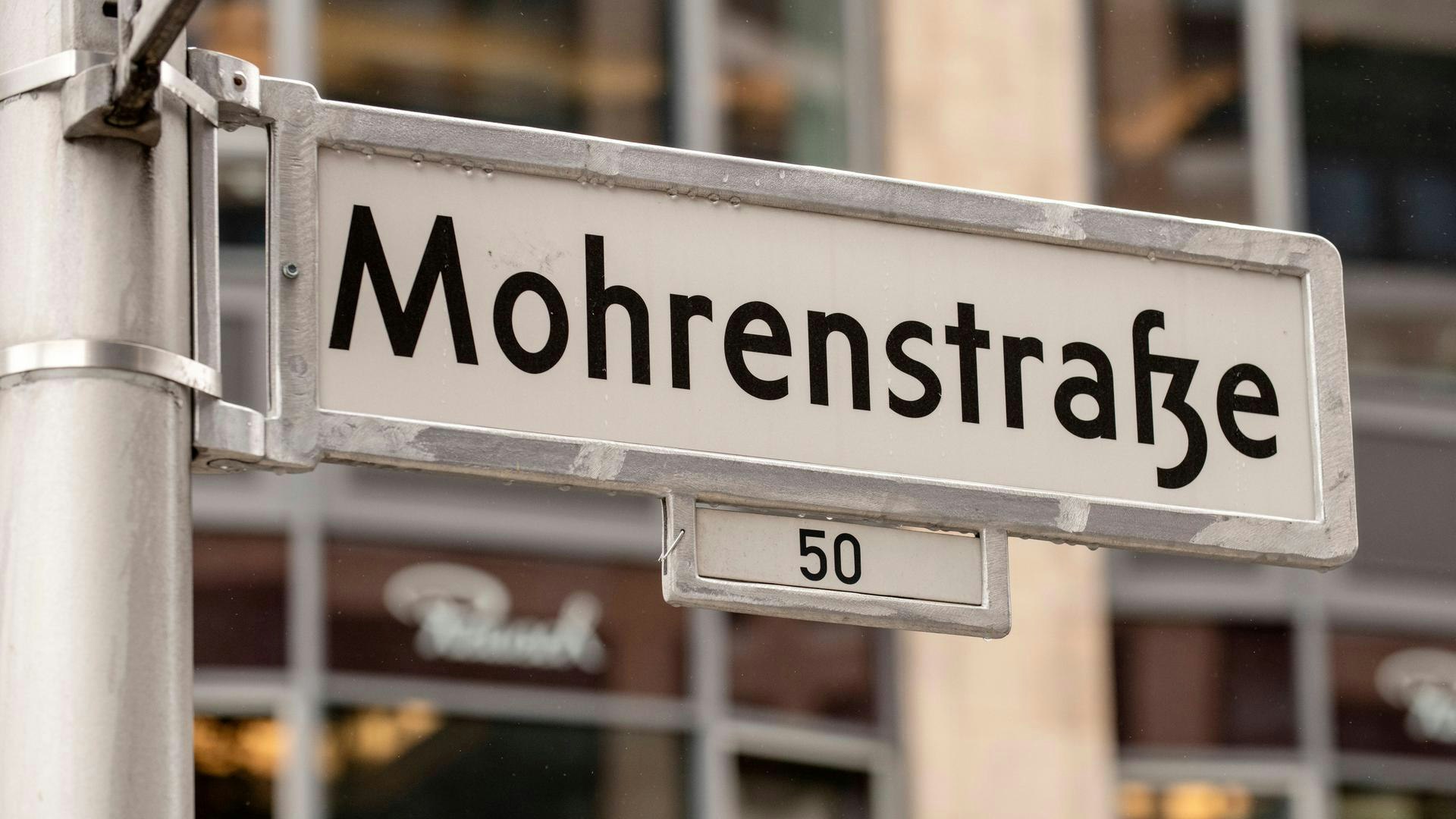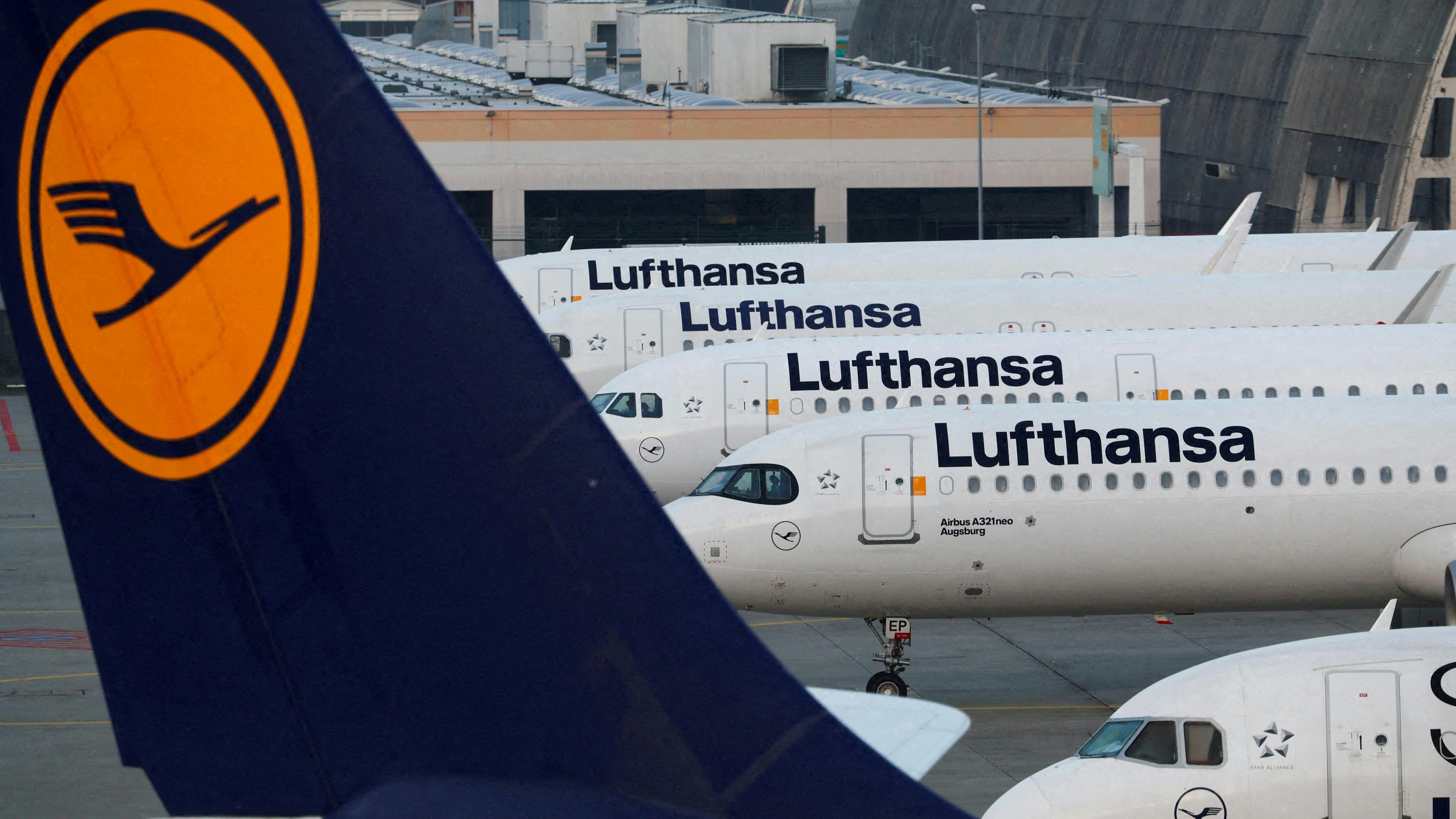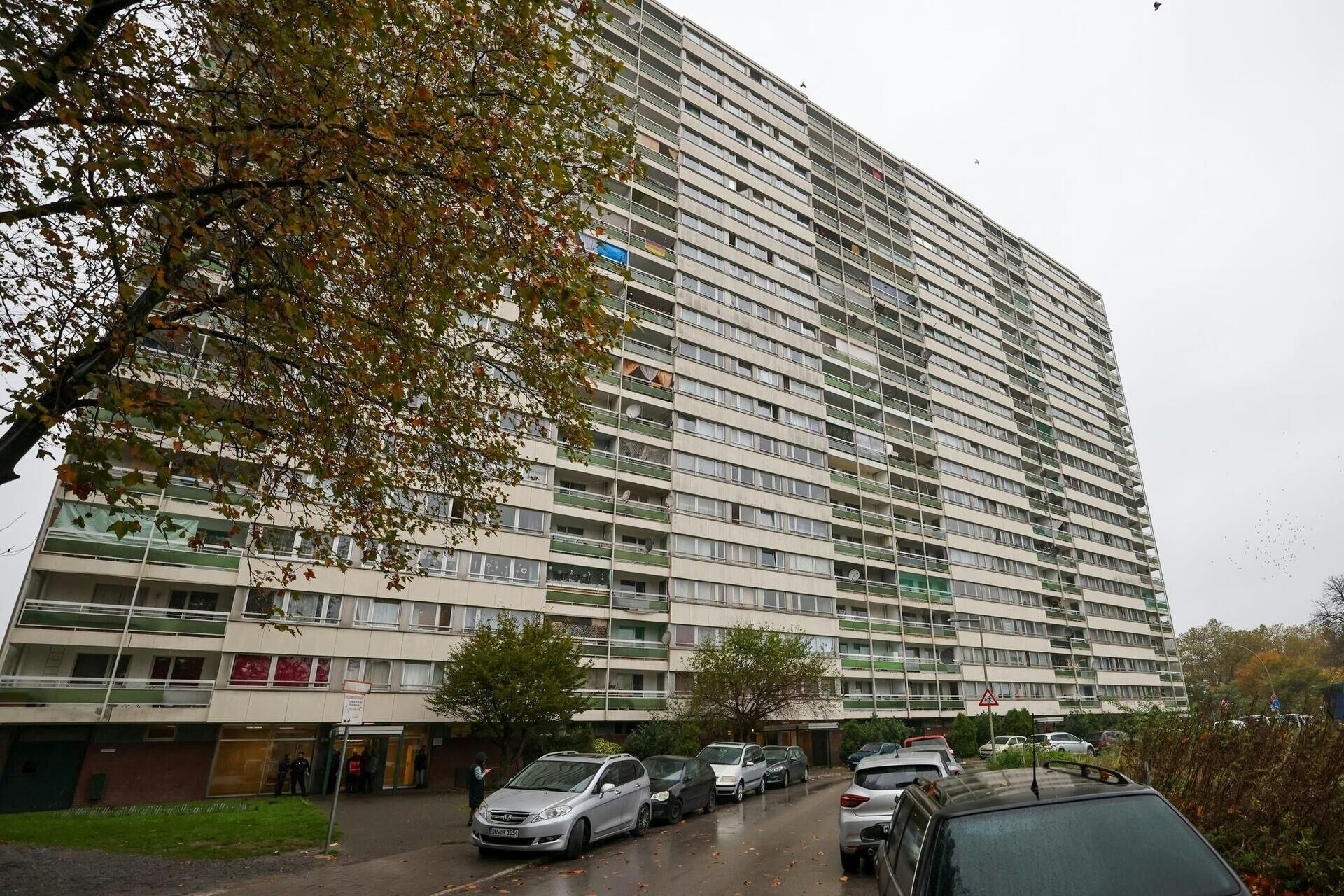Apple temporarily averted a major setback over the weekend. Smartphones and laptops were temporarily exempted from the new US tariffs on Chinese imports—a crucial point for the company, whose core products are almost entirely manufactured in China. But the relief did not last long.
As early as Sunday, Commerce Secretary Howard Lutnick announced that additional tariffs on electronics might be imminent. President Trump made it clear on social media: "No one will be spared." For Apple, this means the reprieve is temporary. The political dependence on the White House is now more open than ever – and it is costly.
Since the announcement of tariffs on April 2, Apple's stock temporarily lost around 12%. The other five major US tech stocks lost an average of only 2%. Although the price recovered by 4% after the temporary exemptions on Monday, a sustainable change in sentiment is not evident. Analysts are already talking about a "Trump discount" that must be taken into account in Apple's valuation model in the future.
The reason is structural: Apple produces more than $300 billion annually, mostly in China. The attempt to bring parts of the manufacturing back to the USA is likely to be not only logistically challenging but also strain the margin. The company's gross margin increased from just over 20% to more than 40% after shifting production to China from 2005. This affects not only Apple's profitability but its entire capital market story.
In addition, the political leverage against the company is growing. Demands for a software backdoor for US authorities could gain new relevance through economic policy pressure. Apple has always fended off these demands - but in a climate of trade confrontation, security demands and location requirements could be closely linked.
Hardware analysts like Francisco Jeronimo from IDC consider a rapid production shift to be "expensive and logistically hardly feasible." Meanwhile, China remains unrivaled due to its efficiency, infrastructure, and supply chain depth.
What was sold as a short-term exception turns out to be a strategic predicament. Apple's global structure is the result of two decades of optimized supply chains. This structure is now politically under scrutiny – and the market is beginning to price this new reality into its evaluation.







